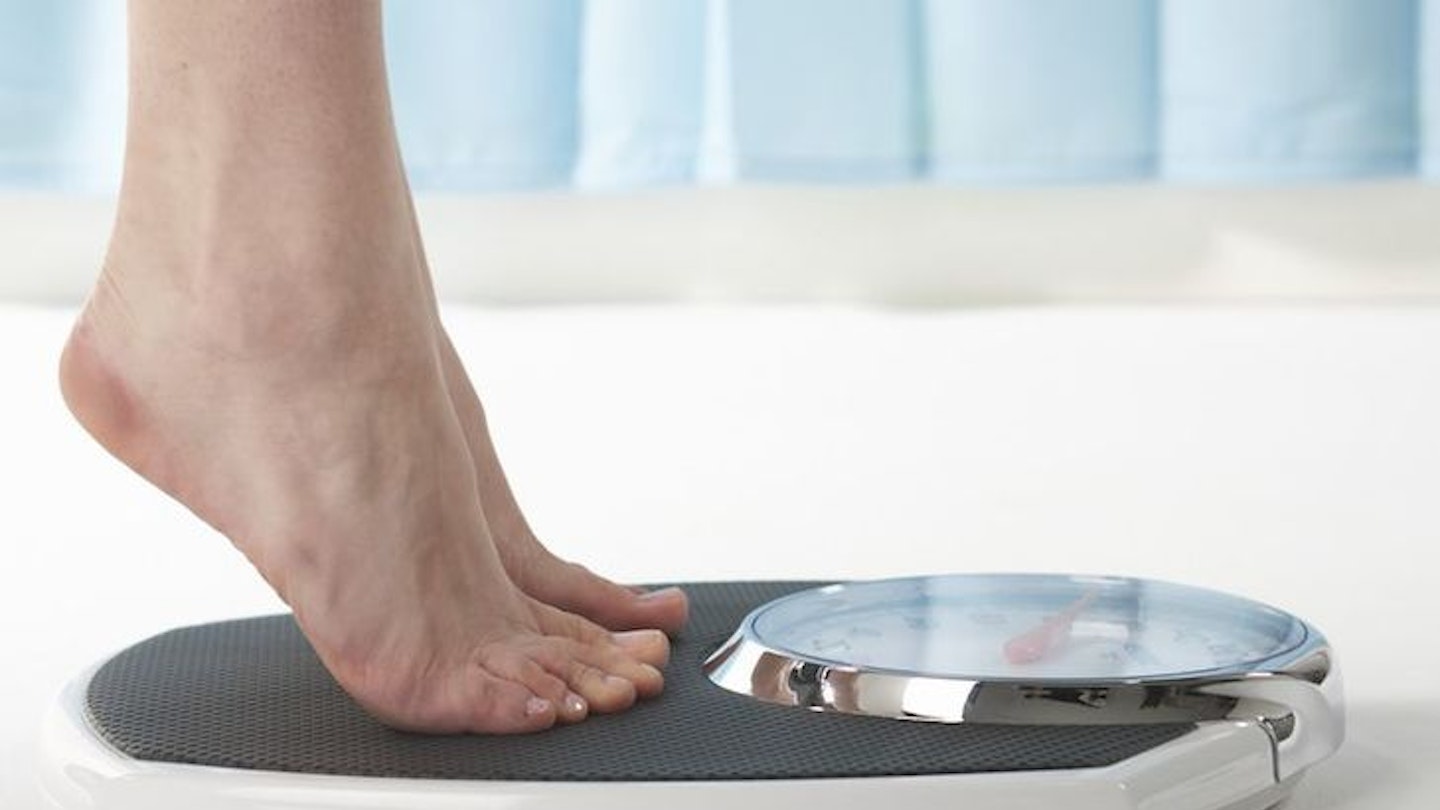There's a common representation of those who suffer from eating disorders as one group: young women (with TV shows like Skins et al have long perpetuated the image of the angst-ridden, insecure teen). Statistically anorexia most commonly affects girls and women -around 1 in 250 - but this is only part of the story. It was only five years ago that more stories were being shared on the experience of male eating disorders, after the NHS reported a 66 per cent increase in the number of hospital admissions in England over the past ten years.
And now, new research published in BMC Medicine Journal, has uncovered a hidden eating disorder ‘epidemic’ amongst middle-aged women.
The new UK study, which questioned 5,320 females in their 40s and 50s, found that 15.3% of women in the study reported having an 'active' eating disorder at some point in their life and 3.6% reported an eating disorder in the past 12 months.
"Our study shows that eating disorders are not just confined to earlier decades of life, and that both chronic and new onset disorders are apparent in mid-life,” Dr. Nadia Micali, lead author from the Department of Psychiatry at University College London, said. ‘Many of the women who took part in this study told us this was the first time they had ever spoken about their eating difficulties.” Anorexia and bulimia were reportedly 4-10% more likely if a woman had experienced traumas during childhood and whether or not the subject had a good mother-daughter relationship.
According to the charity Anorexia and Bulimia Care, anorexia most commonly develops around the age of 16 or 17, but it’s important not to ignore women who could be affected well into adulthood.
As Micali says herself, it’s also significant to point out that less than 30% of women who had eating disorders said they had sought help or received treatment. Why? “It may be that there are some barriers women perceive in healthcare access or a lack of awareness among healthcare professionals."
The rhetoric around mental health issues need to change. Eating disorders can affect anyone, at any point in their life.
READ MORE: 'I Had A Hard Time': Zoe Kravitz Opens Up About Her Battle With Anorexia
